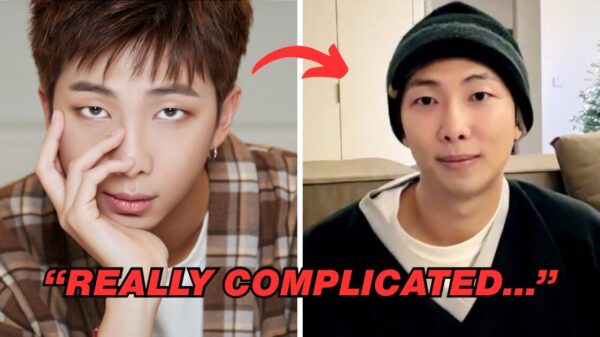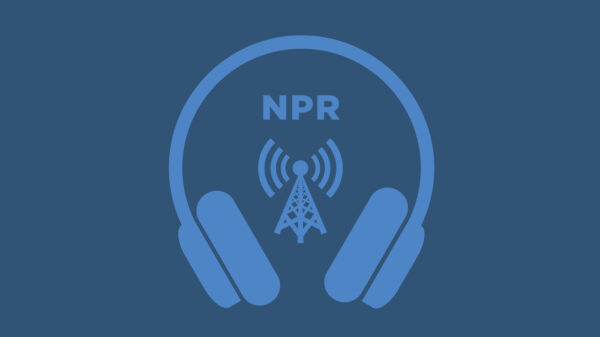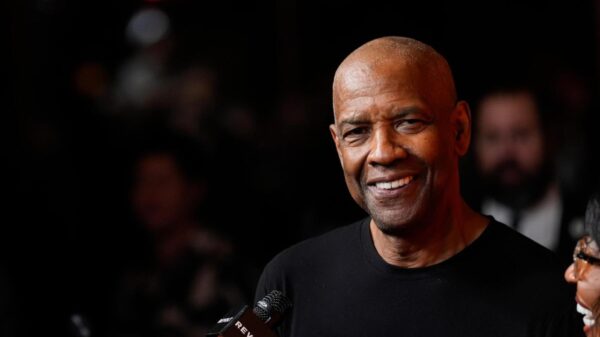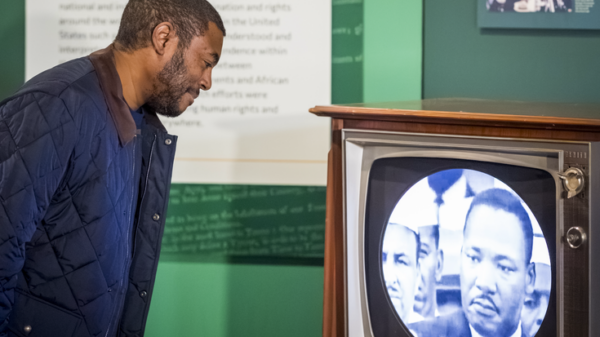K-pop star PSY, known for his global hit “Gangnam Style,” is under investigation for allegedly using intermediaries to illegally acquire prescription medications in South Korea. According to local authorities, the artist, whose legal name is Park Jae-sang, is suspected of having individuals, including his manager, collect prescriptions for Xanax and Stilnox from a university hospital over the last three years. These medications are typically prescribed for anxiety, depression, and sleep disorders, including insomnia, but they pose significant addiction risks and generally require direct oversight from healthcare professionals.
The situation is complicated by South Korea’s Medical Services Act, which restricts prescription pickups to immediate family members or caregivers of patients. Following a tip-off, police launched an investigation into the matter. As part of their inquiry, they seized medical records from the hospital issuing the prescriptions and questioned a doctor suspected of facilitating these transactions. The doctor has since denied any misconduct, maintaining that he conducted remote consultations with Park.
In a statement, PSY acknowledged the situation, referring to it as an “oversight.” He expressed regret for having someone else pick up his medication. His agency, P Nation, clarified that the singer had been diagnosed with a chronic sleep disorder and was using the medications under medical supervision. The agency emphasized that PSY’s use of the medications was within prescribed limits and stated, “There was no proxy prescribing, but there were instances in which a third party picked up the sleeping medication on his behalf.”
PSY’s fame skyrocketed in 2012 when “Gangnam Style” became the first video to surpass 1 billion views on YouTube, a milestone that was later followed by 2 billion views in 2014. The song’s success catalyzed a worldwide dance phenomenon, inspiring flash mob performances across various events.
The incident involving PSY is reminiscent of earlier controversies surrounding the impact of celebrity culture on public behavior. In one notable case, a man danced to “Gangnam Style” at a wedding while brandishing an AK-47, resulting in a tragic incident that claimed three lives. Such events underline the complex relationship between public figures, their actions, and societal reactions.
As the investigation unfolds, the implications for PSY and the broader K-pop industry remain to be seen. The inquiry raises questions about the regulation of prescription medications in South Korea and the responsibilities of artists who navigate the pressures of fame and personal health.





































































